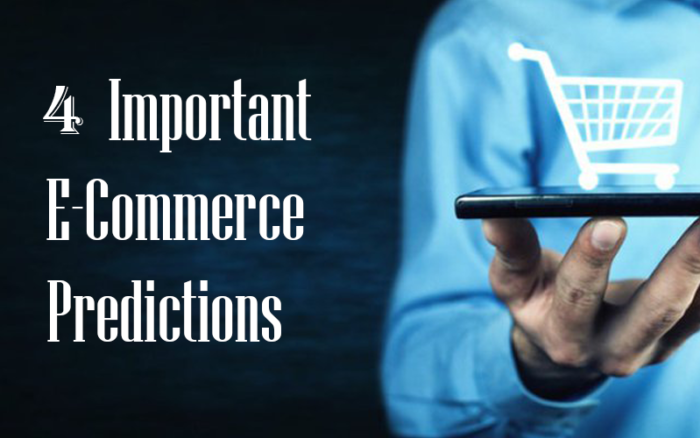The e-commerce industry is constantly changing, with the latest developments in e-business and consumer behavior significantly impacting the sector. Technology has adeptly played and will continue to play a substantial role in how the industry has adapted to consumer behavior and trends changes.
Many businesses have embraced various emerging e-commerce technology trends to provide clients with a seamless shopping experience while improving business management strategies and processes and surviving competitive in the industry.
Personalization of E-Commerce
Online customers prefer a more personalized interaction with online platforms to make faster and easier decisions. AI-powered advice for someone considering and customer services, such as chatbots and online assistants, function as a guide or store assistant, directing customers through your website and helping them decide what to buy. Furthermore, artificial intelligence (AI) has enabled the collection of various customer data when a customer visits your website or online store and the use of that data to create a more personalized online experience for the client.
Utilization of Mobile Platforms
Consequently, e-commerce businesses must have a mobile platform where customers can access various information, products, and services on the go, at any time, removing geographical and time constraints. Furthermore, mobile platforms raise brand awareness. Consumers are constantly reminded of the brand by having the apps on the screens of their smartphones or tablets.
Product Visualization
Users can use their phones to view digital images of products superimposed on a real-world view of the product. As a result, they will be able and see how the products will show up in the real world. This is incredibly beneficial in industries such as fashion and decoration because it lets people get a better feel for the product before purchasing it.
Artificial Intelligence (AI)
AI, a technology that enables machines to think like humans, provides customers with a one-of-a-kind shopping experience by providing automated services and personalized content. E-commerce businesses can use AI technology to collect customer information, such as how they shop, what they shop for, their preferences, and so on, to create a personalized user experience.



